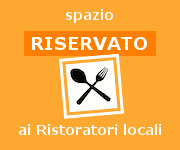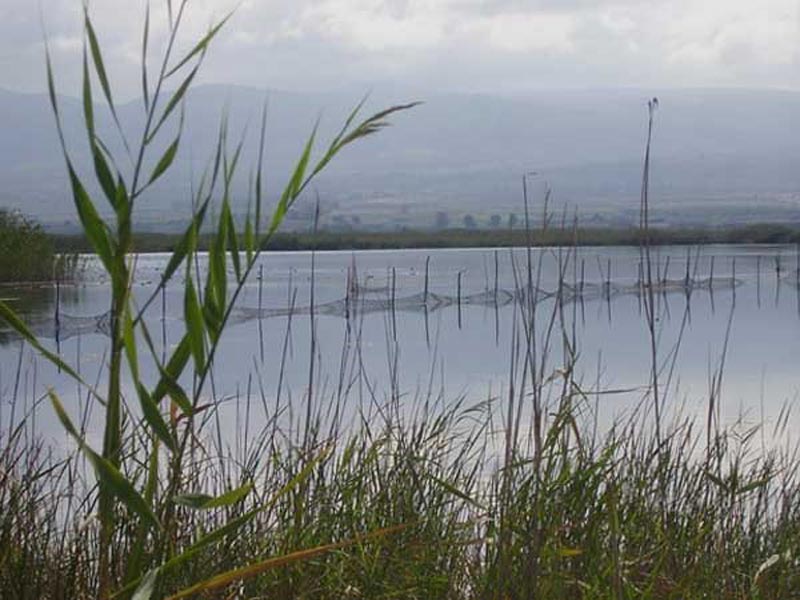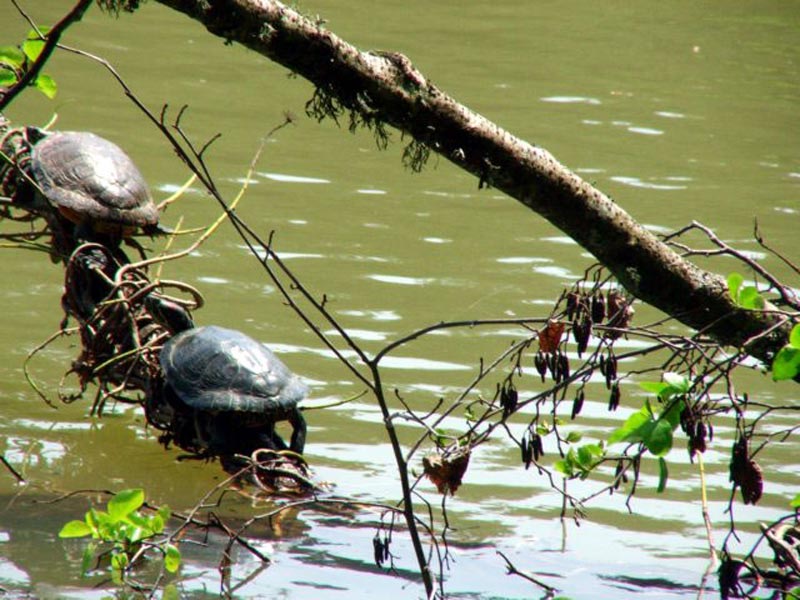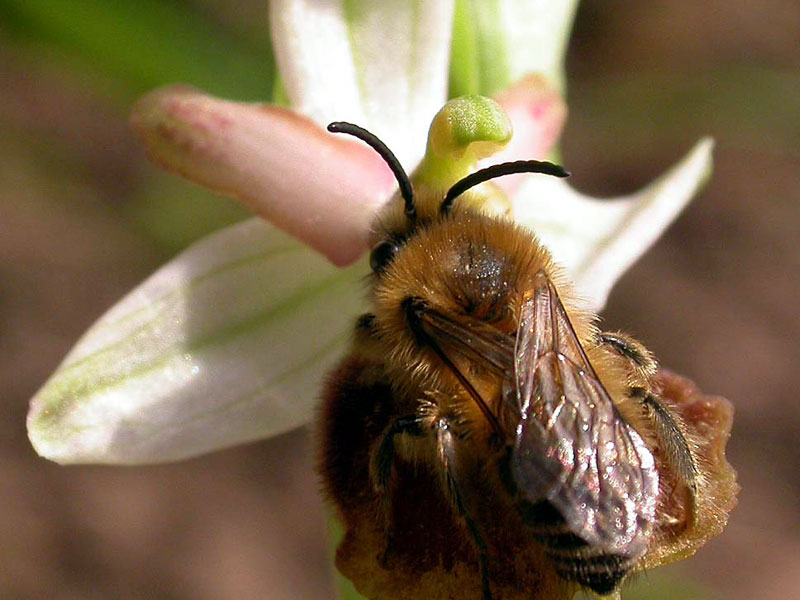Protected Area
Identity Card
- Gargano National Park:
- Land Surface Area: 118'144.00 ha
- Higher altitude (m): 1'064
- Regions: Puglia
- Provinces: Foggia
- Municipalities: Apricena, Cagnano Varano, Carpino, Ischitella, Isole Tremiti, Lesina, Manfredonia, Mattinata, Monte Sant'Angelo, Peschici, Rignano Garganico, Rodi Garganico, San Giovanni Rotondo, San Marco in Lamis, San Nicandro Garganico, Serracapriola, Vico del Gargano, Vieste
- Establishment Measures: L 394 06/12/1991 - DD MM 4/12/92, 4/11/93, 17/11/94 DPR 5/6/95 DPR 18/5/01
- PA Official List: EUAP0005
- Park Authority: Ente Parco Nazionale del Gargano
- Further managed Protected Areas:
- Area Marina Protetta Isole Tremiti
- SIC Bosco Jancuglia - Monte Castello
- SIC Bosco Quarto - Monte Spigno
- SIC Duna e Lago di Lesina - Foce del Fortore
- SIC Isole Tremiti
- SIC Manacore del Gargano
- SIC Pineta Marzini
- SIC Testa del Gargano
- SIC Valloni di Mattinata - Monte Sacro
- SIC Valloni e Steppe Pedegarganiche
- SIC Zone umide della Capitanata
- SIC e ZPS Monte Calvo - Piana di Montenero
- ZPS Isole Tremiti
- ZPS Paludi presso il Golfo di Manfredonia
- ZPS Promontorio del Gargano
Gargano Park
The Park preserves an extraordinary concentration of different habitats: rocky coasts, the big and hot
southern valleys rich in rare flower and wildlife species, the central beech woodlands situated at low altitudes (300m asl) and rich in centuries-old specimens,
Mediterranean pine forests with Aleppo pines, with specimens
more than 500 years old. As far as wildlife is concerned, the peculiarity
of the promontory is given by the presence of the roe deer (one of the very few autochthonous nuclei in our Country) and several kinds of
woodpeckers (Great-spotted Woodpecker, Middle-spotted Woodpecker, Lesser-spotted Woodpecker, and
Lilford's Woodpecker - the Lesser-spotted and Lilford's Woodpeckers are very rare and live in Italy only in protected areas): they enhance the naturalistic value of these forests.
Both the undergrowth of Gargano forests and the
prairies are very rich in flowers. Gargano is the richest location in orchids in Europe and in the Mediterranean basin, with 56 species and 5 sub-species. Moreover, in the past
the promontory played an important role in the connection with the Balkan flora and fauna, as
it is demonstrated by the presence of the so-called "trans-Adriatic"
species.
Foresta Umbra
In the past, this forest was part of the original and millenary forest of Gargano promontory. Today, Foresta Umbra is still the most representative area of the Gargano hinterland. Despite the devastations and the foolish tree cutting carried out in the latest three centuries, which led to the disappearance of the woodland from the hills and the mountains, the Forest preserves his majesty and variety with a rich variety in species, trees and shrubs. The origins of the Forest name are not clear: the number of explanations that have been given are all acceptable, but not enough to reveal them.
According to one of them, the name "Umbra" comes from "Umbri", an ancient people belonging to the Celtic branch, who used to live in the forest robbing and pillaging the shepherds; a more simple explanation argues that the name of the forest comes from its characteristic darkness (as a matter of fact, the Italian term "ombra" means "shadow").
The Wetlands
One of the main reasons of the Park establishment is without a doubt the
presence of important wetlands declared biotopes of Community Importance, like the lagoons in Lesina and
Varano, the marshes in Frattarolo and Daunia Risi, the mouth of the
river Fortore, the lake area of Sant'Egidio, and the marsh of Sfinale. The presence of springs and temporary water pools called "cutini", as well as the traditional "piscine" (meaning pools) in the northern area of Gargano and along the coast between Vieste and Peschici is very interesting for the survival of
amphibians, reptiles, and migratory birds.
The wetlands of Gargano and
Capitanata have always raised the interest of scientists and tourists
for the different environments they offer and for being situated in a strategic position on the
migratory routes of aquatic birds between Africa and central-eastern Europe. In the 14th century, the
Emperor Frederick II of Svevia was fascinated by these places, inspiring his famous treatise "De arte venandi cum avibus".
Flora
Gargano National Park covers about 121,118 hectares: in this territory we can find a series of unique habitats. From thick and very large forests, for which it is famous, to the Mediterranean maquis, from the great karstic plateaus rich in dolines and swallow holes to the steep cliffs overhanging the sea and scattered with fantastic caves, from the steep valleys covered with woods and descending towards the sea to the coastal lagoons of Lesina and Varano, from the steppe-like hills and plains to the Marshes of Federico II. The four Tremiti Islands are part of this jewel: they are surrounded by a crystal-clear sea and they are rich in caves.
Further information (Italian text)
Fauna
Probably you will not find along the Mediterranean coasts another place with such a limited area but such a rich biodiversity like Gargano National Park as a matter of fact, it is a microcosm, a real biological island.
Further information (Italian text)










